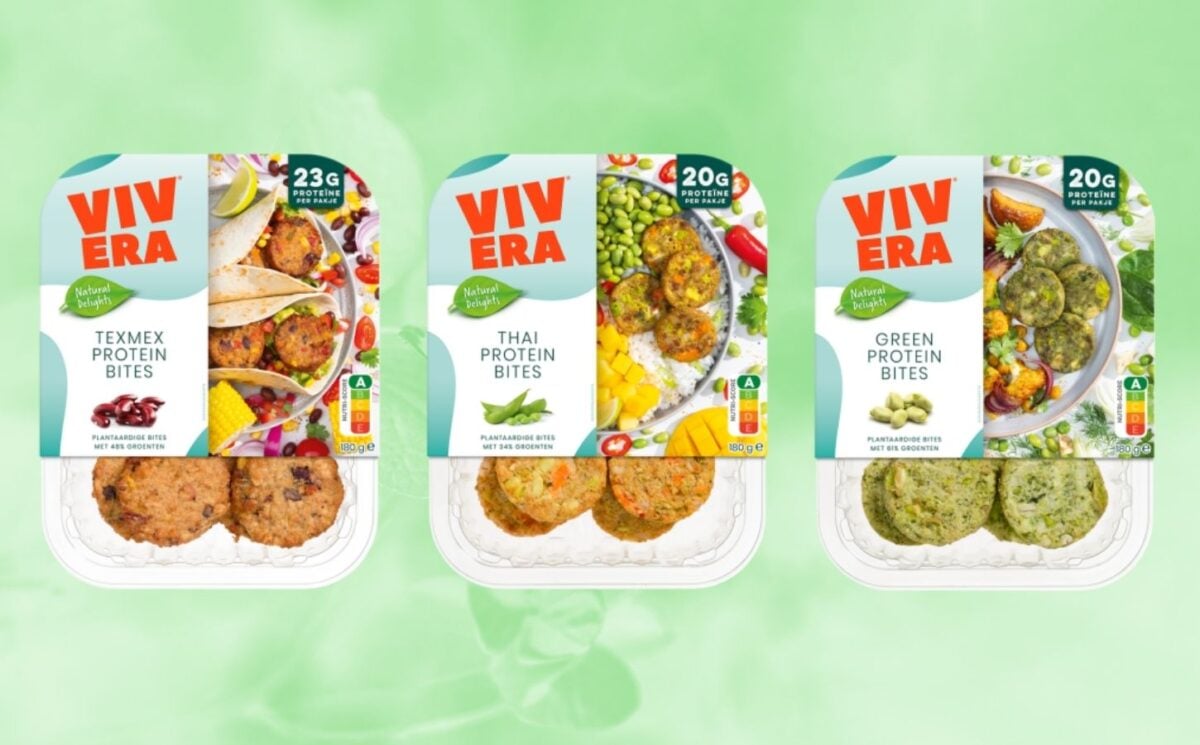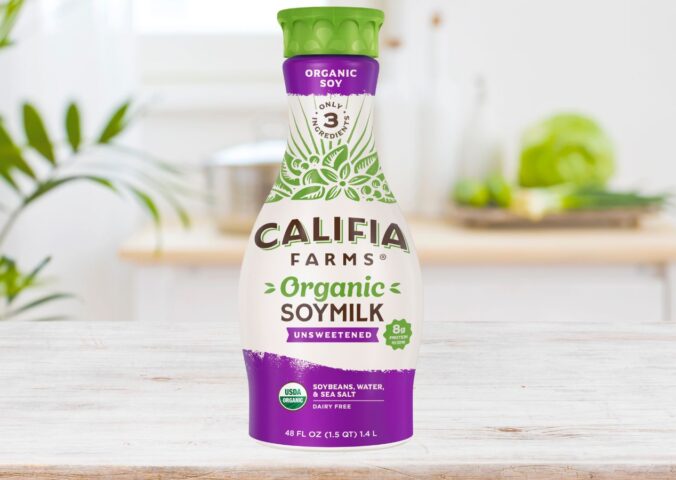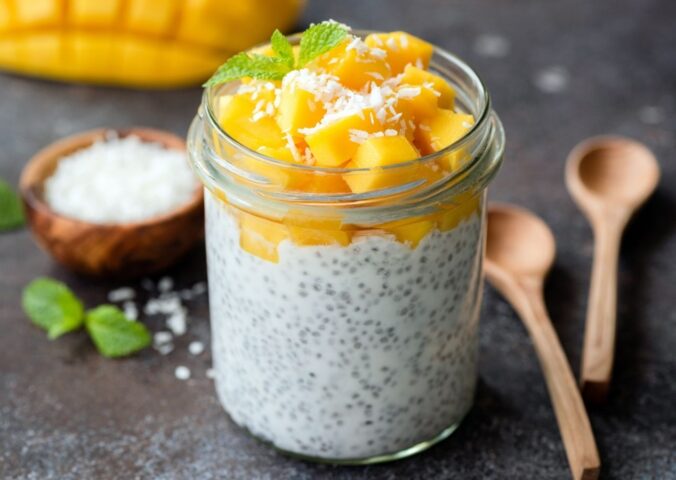Dutch company Vivera has announced the launch of a new line of whole-foods-based “Protein Bites.”
Read more: Cathedral City Launches New Vegan Cheese Flavor
The products are made using ingredients like legumes, beans, and vegetables. The Protein Bites come in three flavors: Thai, TexMex, and Green. The Thai flavor is made up of 34 percent vegetables, while the TexMex and Green contain 48 percent and 61 percent respectively. Vegetables used in the bites include broad beans, garden peas, parsnips, cabbage, and onion.
According to Vivera, it made the products in response to growing demand for more “natural” alternatives to meat.
“The current range in the supermarket mainly consists of meat substitutes that have been developed to imitate the texture and taste of meat,” the company wrote in a press release. “With the Protein Bites, Vivera is launching a variation that does not have to resemble meat, made entirely from natural protein sources with vegetables, legumes and grains in the leading role. This results in products that are rich in proteins and fibres, with a full amino acid profile and Nutri-Score A.”
The protein bites are currently only available to buy at Dutch supermarket chains Albert Heijn, Jumbo and PLUS.
Read more: Fry’s Launches ‘UK First’ Vegan Formable Mince
‘Changing the language’

According to Vivera’s marketing director Karin Lowik, the brand is aiming to “change the language” around meat alternatives with the new launch.
“We are no longer talking about replacing meat, but about enriching your meal. You enrich a meal without meat with a tasty protein and fiber-rich Protein bite, which makes you feel full for longer.”
Vivera isn’t the only plant-based company to be adopting a more “natural” approach with its food. Beyond Meat recently announced a major ingredients shake-up with “healthier” ingredients like avocado oil and mycellium. It also launched legume-based sausages that it stated were not intended to replicate meat.
Much of the media has criticized plant-based meat substitutes for being “ultra processed” and “unhealthy” as a result. This has led to many people seeking less processed alternatives. Research published in February, however, urged caution over the use of the term “ultra-processed,” arguing that the label doesn’t deserve the negative connotations that it has. A separate study published last year found that ultra-processed vegan alternatives were not associated with increased risk of multimorbidity (the co-occurance of two or more long-term conditions, such as cancer and heart disease). Processed meat products, however, were associated with increased risk.
Read more: Flora Announces ‘Plant-Based First’ Smoked Garlic Butter Block






